Last Updated: 24/09/2025
Can Dogs Get Depressed
Have you ever wondered if dogs can get depressed? Read more from our vets on how you can help your dog feel better.
Author: Dr Teagan Lever BVSc (Hons)
Reading Time: 4 minutes - short read
Is your pooch down in the dumps? These days most pets are considered to be well and truly part of the family, which means as modern pet parents we are much more closely attuned to their behaviour and affect.
While the jury is still out on whether dogs suffer from true clinical depression in the same way as humans do, we do know that dogs can display behavioural changes consistent with our experience of depression. Because we have to rely on our pooch's behaviour and body language to do the talking, it's difficult to tell without a little detective work whether their behaviour is a result of true depression, or a response to another medical issue.

Decreased appetite

Lack of interest in activities they enjoy (eg. going for a walk)

Less active

Sleeping more

Uncharacteristic signs of aggression

Loss of housetraining

Seeming disoriented or lost in familiar places
What causes depression in dogs?

Changes to the environment or daily routine such as moving house or a pet parent working longer hours in a new job, along with big life changes such as births, deaths and marriage break ups can cause signs of depression in dogs. Dogs are finely attuned to our body language, tone of voice and emotional state, which means they can also pick up on grief and anxiety in their human family members.
What can you do to help?

efore deciding that your dog is truly depressed, the most important thing is to have them checked out by your vet. Any number of common health issues such as arthritis, kidney disease, ear infections and dental disease can cause symtoms similar to doggy depression, so it it is important to rule these out first.
More quality time
Once you've ruled out any medical issues with the vet, start by focusing on increasing the amount of quality time you spend with your pet. Pick an activity you know they enjoy, whether it is a game of fetch or a walk around the block and try to schedule it in a few times a day if you can. Over time your pooch will start to look forward to these little pockets of enjoyable activities in their day and should start to display more interest and enthusiasm.
Bust boredom with environmental enrichment
Environmental enrichment is all about stimulating your pooch's senses and keeping their mind active during the day when you are unable to interact with them one on one. It can come in many forms including interactive toys, forage feeding and offering opportunities for normal behaviours such as chewing, digging and swimming.
Try to keep things interesting by varying the offerings on a daily basis, rotate through toys regularly and keep you pooch on their toes by hiding them in different places.
Want to know more about environmental enrichment for dogs?Check out Boredom Busters for Dogs
Our best boredom busters for dogs
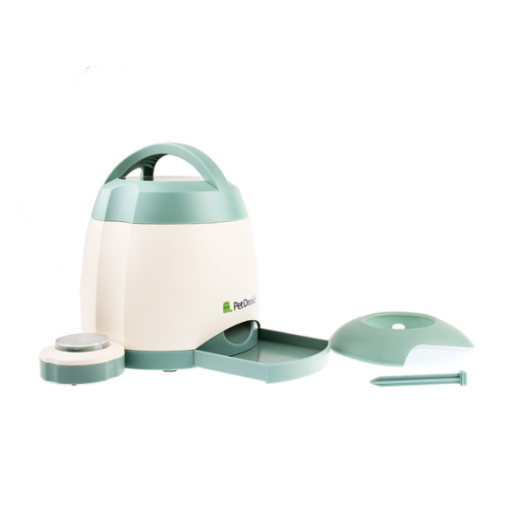
The Gigwi Hide And Seek Pet Droid can help train your dog's memory and logic, by releasing food after your dog pushes down on a button.
Got a serious chewer on your hands? The KONG Extreme dog toy represents the most durable KONG available. Designed for tough chewers, this KONG offers enrichment and helps to satisfy your dog's instinctual need to chew.
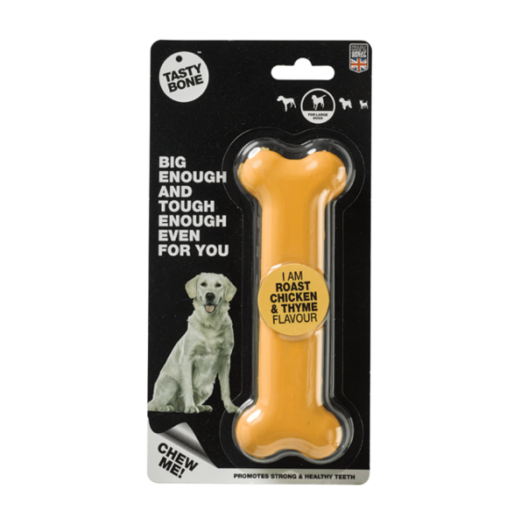
These durable nylon bones are designed to keep even the most persistent and powerful of chewers satisfied. They may be washed in soap and water if needed and the delicious range of flavours are designed to last for the lifetime of the bone.
The KONG Wobbler is an action-packed toy that acts as a mentally stimulating food dispenser, sitting upright until nudged by your dogs paw or nose, dispensing tasty rewards as it wobbles, spins and rolls.
Nourish body and mind
Just as we know nutrition can play a role in managing mental health in humans, it can also make a difference to the mental wellbeing of our pets. Boosting the levels of omega fatty acids and antioxidants in the diet can help to protect brain cells foster good neurological function. There is also some evidence to suggest that supplements containing the serotonin precursor, tryptophan, can also help to improve nervous health. Most importantly, to support general health and wellbeing, be sure to feed your dog a high quality, complete and balanced diet which is as specific as possible to their lifestage and breed stage.
Our top supplements for mental wellbeing in dogs
Paw Blackmores Fish Oil contains a concentrated blend of liquid fish oil, a rich source of omega fatty acids, EPA and DHA, which may help support nervous function.
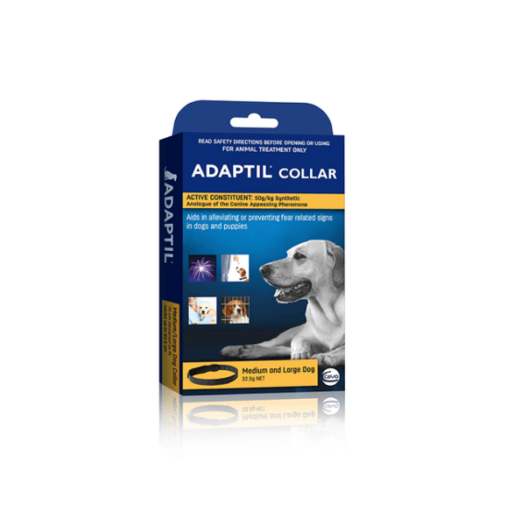
Available in a collar, spray or diffuser, Adaptil is a synthetic pheromone which can promote feelings of calm and wellbeing in your dog during stressful situations.
Tranquil Formula for Dogs works by delivering natural ingredients plus Tryptophan and B group vitamins to maintain an ideal emotional balance.
PAW Blackmores Complete Calm Chews are formulated with tryptophan, B vitamins and a blend of multivitamins and nutrients to support the general health and nervous function of dogs.
Nutrition for mental function is particularly important in the case of senior dogs; research has shown that as dogs age, their brains become less efficient at utilising glucose as an energy source which in turn causes signs of cognitive decline. Feeding a senior diet like Pro Plan Bright Minds, enriched with medium chain triglycerides which can be utilised by the senior canine brain as an alternative energy source, can help bring the spark back to senior dogs.
Want to know more? Read The Nutritional Breakthrough Making Old Dogs Act Like Puppies.
Diets to support mental function in senior dogs
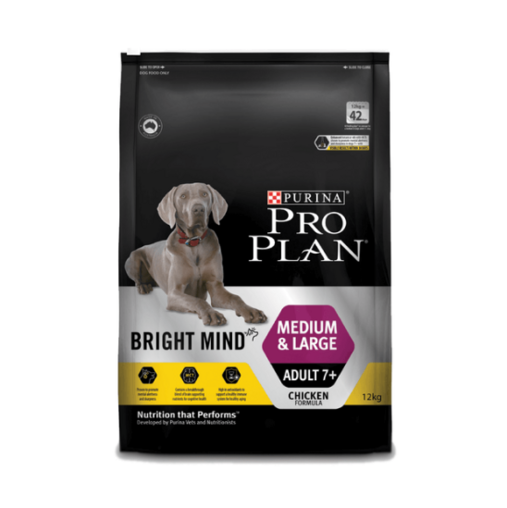
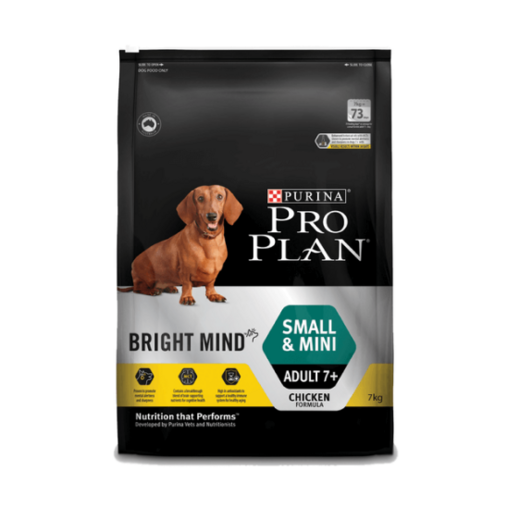
Does my dog need antidepressants?
As dogs tend to show signs of depression in response to changes to their routine and social environment, in most cases antidepressant medications are not required. Increasing the amount of quality time you spend with your dog, along with some environmental enrichment and a good diet should be all that is required. If you pooch seems to get worse or is not perking up after a few weeks, seek the advice of your veterinarian.
The take home message

Our dogs play such an important role in our lives, for many of us they are our best friends, confidants and emotional support. Taking some time out of your day to spend some one on one quality time with your pooch holds benefits for you as well as them, helping to further forge that special bond only dog parents know.